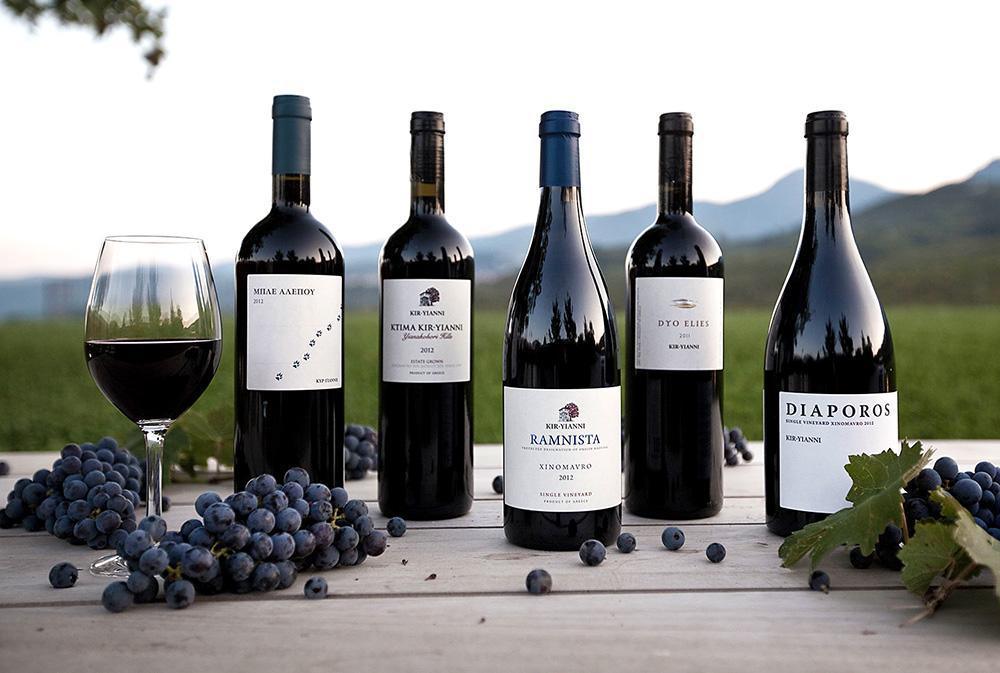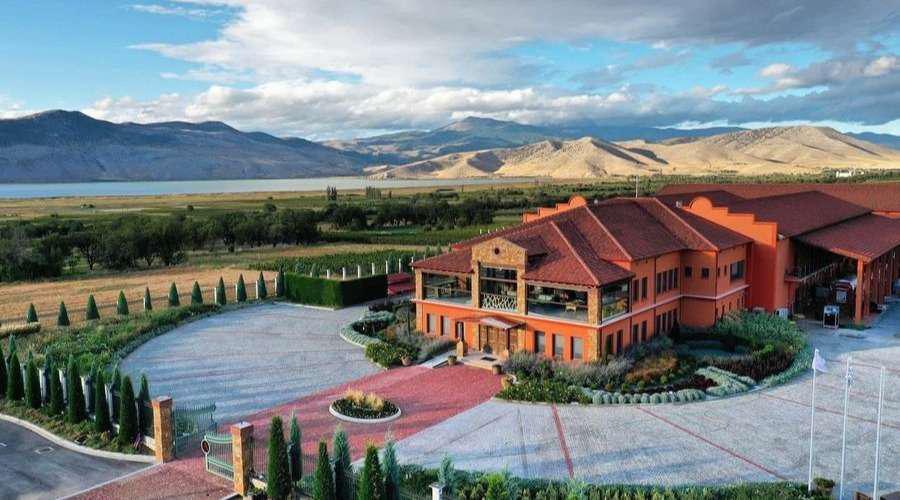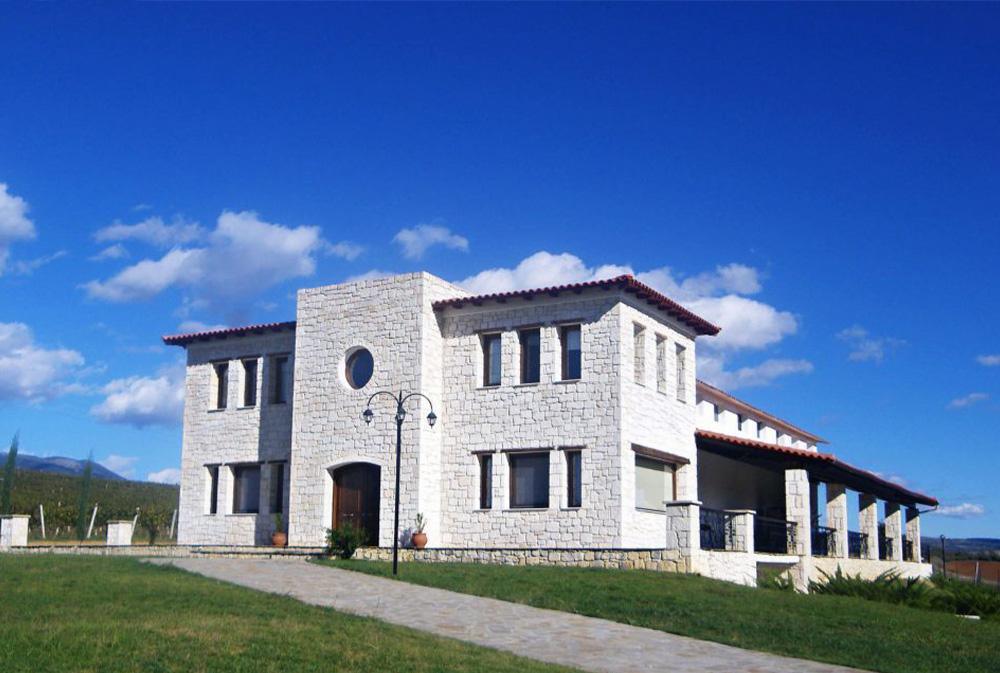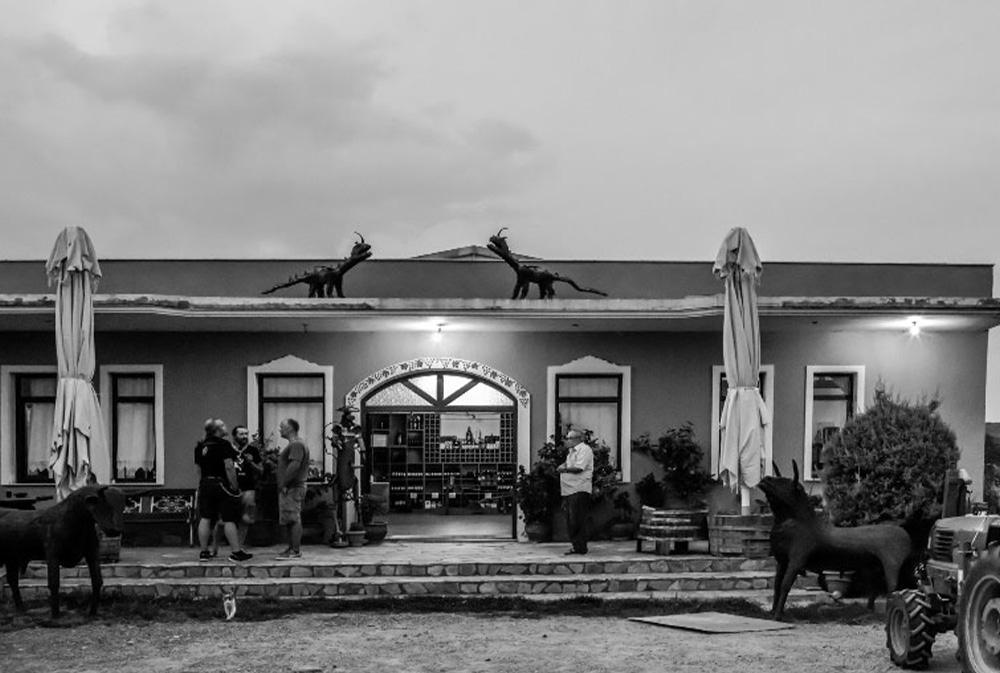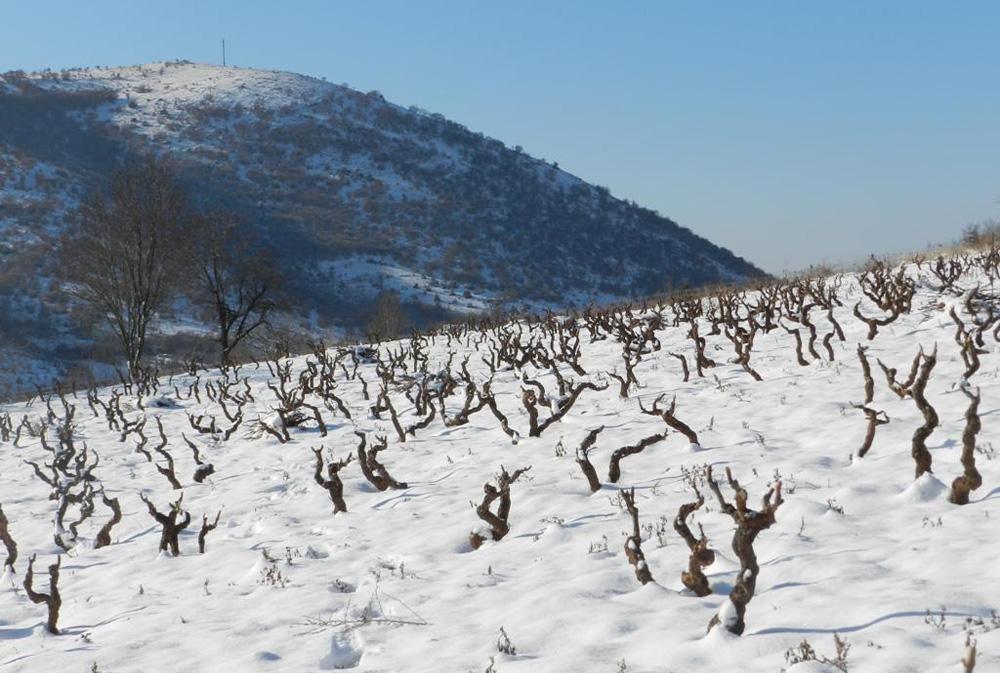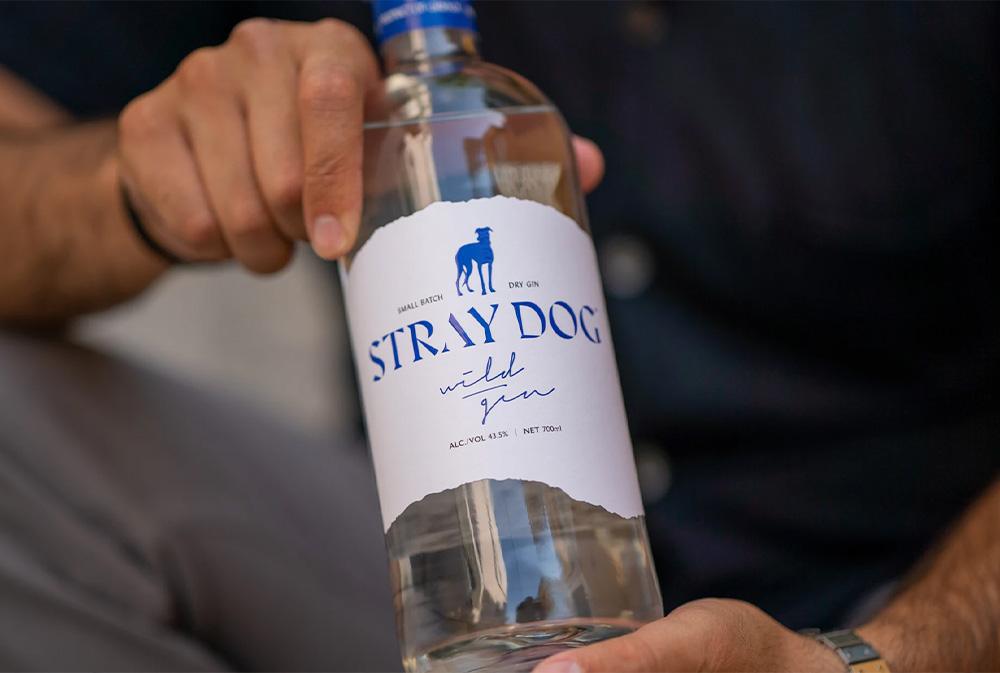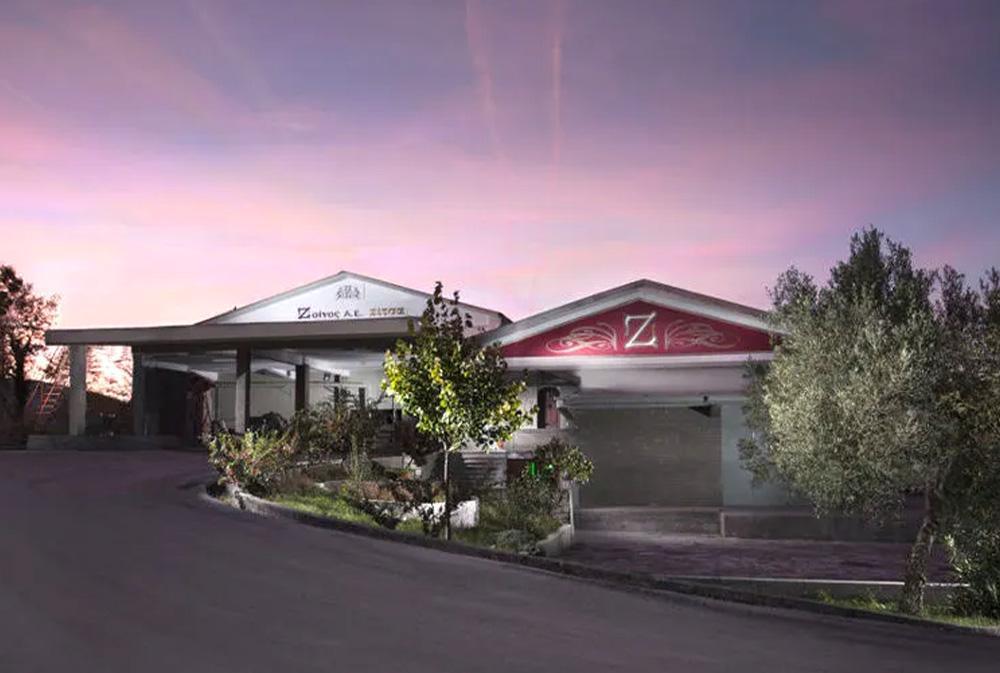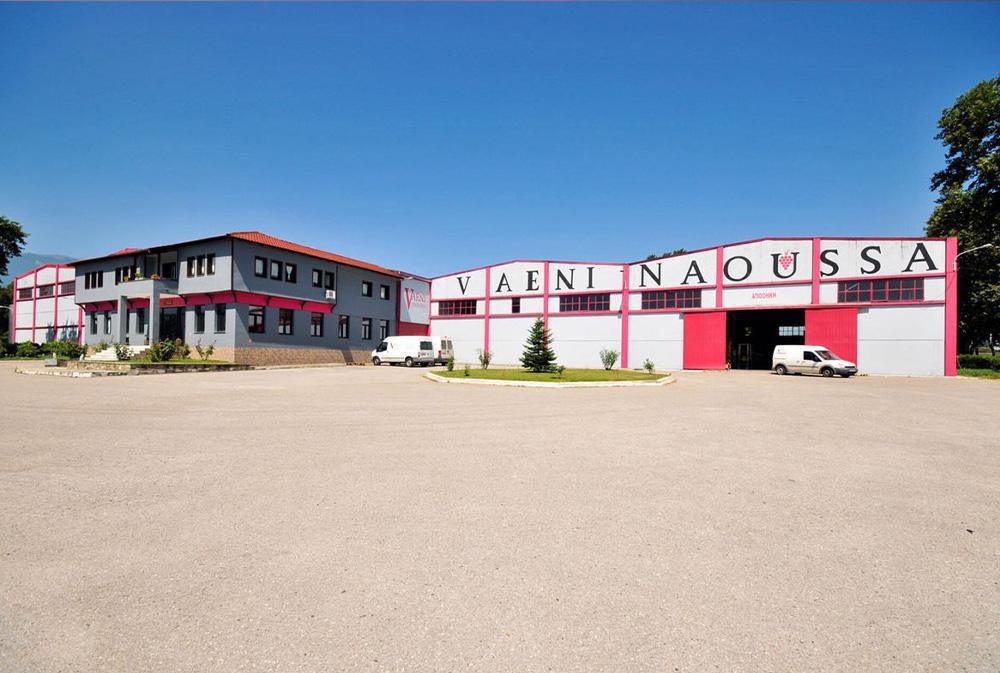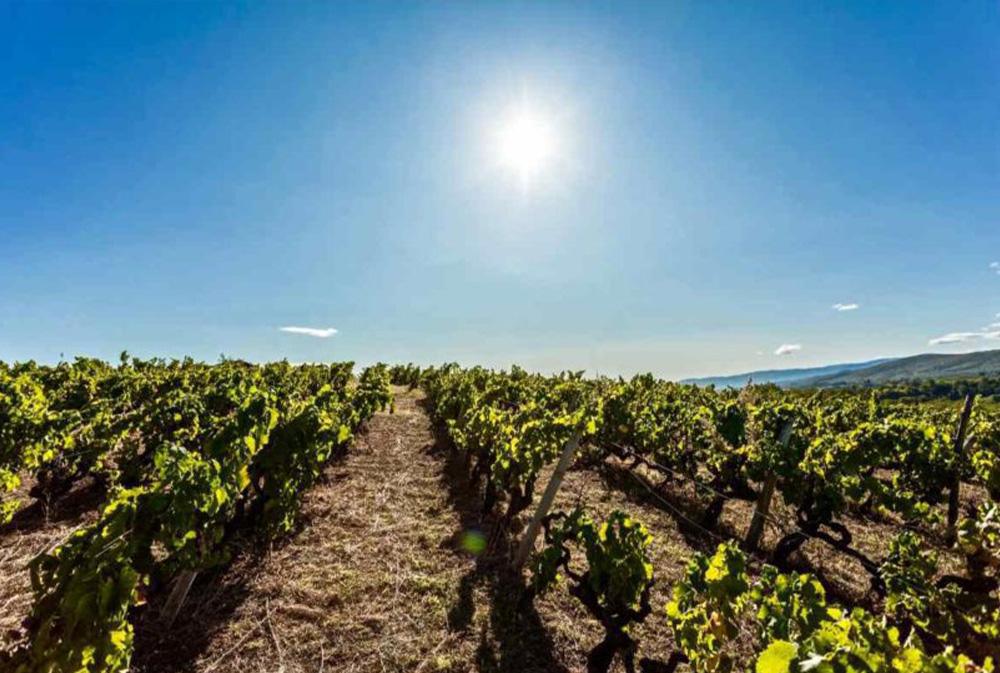Welcome to the Greece Uncorked Macedonian Dance & Wine Exhibition hosted by The Metropolis of Boston Dance Group & The A F Foundation.
The Metropolis of Boston Dance Group (MYDG) is a not-for-profit Greek folk dance group founded in 1989. It is the only dance group in North America certified by the Dora Stratou Dance Theatre in Athens, Greece and certified by the International Dance Council (CID) headquartered in Paris, a UNESCO partner.
The mission of the Metropolis of Boston Dance Group is to instill the culture and tradition of Hellenism and the appreciation of this great heritage in the Greek American youth of the Greater Boston area through fellowship, learning, folk dances, and songs.
The program of instruction emphasizes the authentic aspects of Greek folk dance, including music recorded with regional instruments and authentic costumes. The young adult performing group educates onlookers, and performs at various functions throughout the year.
Performances include local church festivals, weddings, cultural nights at professional sporting events along with national and international folklore conferences.
Macedonia as a region: Macedonia is a very unique area of Greece as political boundaries have intersected and re-intersected ethnic communities for centuries; political events have prompted or forced people to resettle.
Today towns and dances may have different names in Greek and Slavic. Macedonian dances and the Macedonian style of movement is a rare combination of strength and grace. Macedonian music also can have unique instrumentation, including more ancient instruments than the clarinet, in addition to brass instrumentation. The Macedonian sense of rhythm is in many cases unique. Those who love these dances grow used to hearing them called first strange, then fascinating, then inexhaustibly delightful.
Join us for a fantastic evening of culture, wine, learning, and entertainment, including:
- Curated wine list and history insights featuring Macedonian wines from the AF Foundation
- Macedonia lecture by Professor Loren J. Samons
- Macedonian dance performance by the Metropolis of Boston Dance Group
- Mingle with fellow culture enthusiasts while sipping fine wine
Grab your glass and let the journey begin!
New wine classifications are as follows:
- PDO: Protected Designation of Origin - the wine has to be produced from specific grapes grown within a defined appellation or area, and winemaking requirements.
- PGI: Protected Geographical Indication: this labeling is applied to wines produced outside of the PDO parameters. Winemakers are allowed to blend local and international varieties
Table 1:
KIR YIANNI ESTATES - NAOUSSA
Kir-Yianni was established in 1997 by Yiannis Boutaris, one of the leading figures in the Greek wine industry. Kir-Yianni, “Sir John” in Greek, is best known for producing premium Xinomavro from the slopes of Mt. Vermio in Northwestern Greece. The winery is focused on producing premium wines with authentic character which also appeal to the modern wine consumer.
Today, Stellios Boutaris, son of Yiannis, actively manages the winery and their two 30+ year-old estate vineyards located in Naoussa and Amyndeon. Combined, the vineyards stretch over 160 acres and range in elevation from 1,000 to 2,200 feet.
The Naoussa vineyard is located in Yiannakohori, the highest point in the viticultural zone, and is home to all the Kir-Yianni red varietals (Xinomavro, Syrah, Merlot and Cabernet Sauvignon). The vines are planted in 40 different blocks based on their different soil properties. The Amyndeon vineyard is located in one of the most promising Greek winemaking regions. This smaller of the two vineyards is home to the winery’s white varietals – Sauvignon Blanc, Assyrtiko, Roditis, Malagouzia, etc.
ALPHA ESTATES - FLORINA
Alpha Estate was founded in 1997 by the experienced viticulturist Makis Mavridis and chemist-oenologist Angelos Iatridis, who, after years of experience in various locations of Greece and abroad, chose the Amyndeon region to create his own wine.
The knowledge and love for winemaking was passed on to the next generation. Angeliki Iatridou and Emorfili Mavridou carry on the tradition today, aspiring to evolve, while participating in the team’s common vision.
Human factor is indispensable to the expression of all elements, gracefully offered by the unique ecosystem of the privately owned 220 ha vineyard in the production of our wines. Main feature of our work is the ‘’soul’’ of the people that contribute every day to this dream, with respect to nature, combined with high quality and deeply eco-friendly growing practices of sustainable viticulture and winemaking, based on the most recent international standards. Professional know-how, experience and the team’s effort, throughout all stages of production and promotion, are necessary conditions to the desirable result: wines sealed under the Alpha Estate label.
Table 2:
DOMAINE NERANTZI - SERRES
Domaine Nerantzi dates back to 1988 when winemaking started as a passionate expression of the love for wine coming from the desire to revive our tradition and culture passed to us from older generations in a modern way. Going through all these years the family arrived at making wines of distinction and reaching markets around the world. Click here to learn more about their history.
DOMAINE TATSIS - GOUMENISSA
“Our family is as steeped in winemaking history as anyone could imagine,” says Periklis Tatsis, one half of the sibling team that owns and operates Tatsis with his younger brother Stergios. “During the disintegration of the Ottoman Empire and the forced population exchanges in 1924 our grandparents came from Ano Vodeno in Eastern Romylia,” an area of Thrace that equates roughly to today’s southern Bulgaria. Periklis explains that his people were always grape growers and winemakers and it had been the trade of the family since time immemorial. “They came from a village that was homogeneously Greek, like a leftover from Byzantium, and drew their history from there.”
When the Tatsis family was moved to Greece they chose to settle in Goumenissa, an area (and appellation) that was covered in vine and spoke to their values and history. The fit was natural and the Tatsis brothers forbearer’s property started with a scant 4 hectares that has now grown into 14 with additions that they’ve made since taking over the domaine from their father with their first vintage in 1996. Periklis works the land and oversees the vines with Stergios in charge of making the wine although the lines often blur with a family endeavor. The wines are certified organic with many biodynamic principles applied but the best way to describe them is as one of the small group of original natural winemakers in Greece to pop up in the 1990s, numbering no more than 3 or 4 at most at a time when international varieties, commercial yeasts and 100% new oak was the norm in the rest of the country.
Table 3:
DOMAINE MAGOUTES - SIATISTA
In this wind-swept and arid locale, anchored on an impressively rocky limestone terroir, Magoutes Vineyard’s own specific story goes back to the beginning of 20th century when Dimitrios Diamantis’ grandfather, one of Siatista‘s leading grape growers, hand-grafted the now centennial vineyard of the domaine on the family land with the region’s foundational vines of Xinomavro, and the rare local red-skinned varieties that pre-existed mainly in Siatista, Moschomavro and Nigrikiotiko. Yet as time passed and grape growing became less profitable, most of the region’s vineyards faded into obscurity until by the 1970s, only a few old ones survived.
In the early 90s the winery focused on protecting and reviving the varieties and managed to save enough genetic material to re-plant 18 hectares on the limestone/clay slopes of the “Magoutes” area (750 – 890 meters altitude). The first official bottling, a Xinomavro – Moschomavro blend, finally took place in 2002. Indeed, aside from resuscitating their own vineyards and buying other neighboring vineyards to rescue the region’s viticultural history Dimitris is also embarking on the long and tedious effort to have the region’s 200 hectares (roughly the same size as Condrieu) assigned a PDO status, making it the 5th Xinomavro, or Xinomavro-based appellation in Greece (after Naoussa, Rapsani, Goumenissa, and Amyndeon). If successful, this would make Siatista the smallest or one of the smallest PDOs of Greece depending on its possible final demarcations.
All of this has been made possible by Dimitri’s energetic drive and the equal energy, conviction, and support of George Papageorgiou, his business partner who’s family also hails from Siatista. The families of Dimitrios Diamantis and George Papageorgiou joined together, sharing a common vision for their homeland: to protect and revive the region’s viticultural heritage and its potential to produce unique wines.
STRAY DOG WILD GIN
Stray Dog Wild Gin started with a challenge: is it possible to bottle a moment? Not just any moment, but one that captures the spontaneous and free spirit of Greece. Where an unexpected turn off an island road leads to a secret beach. Or wandering through the cobblestone streets of Athens until sunrise reminds you that some nights can never be planned, you can only let them happen.
The idea for Stray Dog Wild Gin came about in such a moment. Inspired by an off-road exploration through the mountains of northern Greece, Johnny Livanos set to work alongside our master distiller to find the perfect combination of wild-foraged botanicals, Mediterranean citrus, and mountain spring water to capture the essence of the untamed life.
Hand-crafted in small batches using traditional copper pot stills, Stray Dog Wild Gin embodies what happens when we allow ourselves to let life unfold, and to appreciate the time and the beauty that is right in front of us.
P.S. Stray Dog Wild Gin is a passionate supporter of animal welfare. A portion of all our sales is donated to organizations and shelters in Greece that provide food, veterinary care and homes for stray animals. To learn more about our partners, please visit: saveagreekstray.org
Table 4:
ZOINOS WINERY - ZITSA
The creation of Zoinos Winery is a result of the development-friendly minds of local viticulturists who created the first small winery in Zitsa in 1954. With the help of the Agricultural Cooperative Union of Ioannina, the most advanced winery in NW Greece was born in 1974, having already achieved in 1972 to have, the wines made, from the indigenous grape variety “Debina”, lawfully be considered of Protected Designation of the Origin of Zitsa (PDO Zitsa).
In 2006 “Zitsa” became fully independent of the ACU Ioannina, and “Zoinos Winery” was born.
VAENI WINERY - NAOUSSA
The VAENI Naoussa Co-op is one of the most highly progressive wine-producing units in Greece.
It is a giant producer representing 50 per cent of the local wine production, which comes from an area renowned for its exquisite red wines. The co-operative counts 200 members -experienced vine growers- who are driven by their profound love for quality wines. That vital human factor, combined with the use of advanced technology, can guarantee the quality of the wine, which is mainly sourced from Xinomavro, an indigenous variety dominating northern Greece.
The winery is staffed with qualified experts and operates according to the European standards. It is situated within the boundaries of the viticultural region, which is an advantage for the product itself. What characterizes the company's course is experience, reliability and an artistic feeling.
MELITZANI WINERY - NAOUSSA
Melitzani Winery, located in Naoussa, Greece, is a small, family-run estate renowned for producing high-quality Xinomavro wines from organically farmed, old-vine vineyards situated on the renowned Gastra hill, known as one of the best "cru" sites in the region; the winery prioritizes minimal intervention winemaking, often utilizing concrete tanks and stainless steel to preserve the grape's pure fruit character, showcasing a modern style of Xinomavro while honoring their long family history of cooperage.



